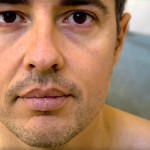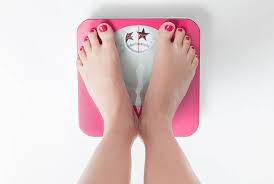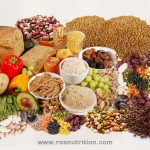Get the Facts About Metabolic and Bariatric Surgery
Metabolic and Bariatric surgery has become an effective and popular solution for treating obesity. Educate yourself on what metabolic and bariatric surgery is, the common misconceptions, and the differences between procedures.
Bariatric surgery is not for everyone. It is a tool for weight loss and needs to be used properly to be effective for long-term weight control. In order for it to work one must be ready to change their view of the world, family and relationships in respect to food.
Nutritional Guidelines Video in Preparation for Bariatric Surgery:
Dietary Guidelines After Bariatric Surgery








